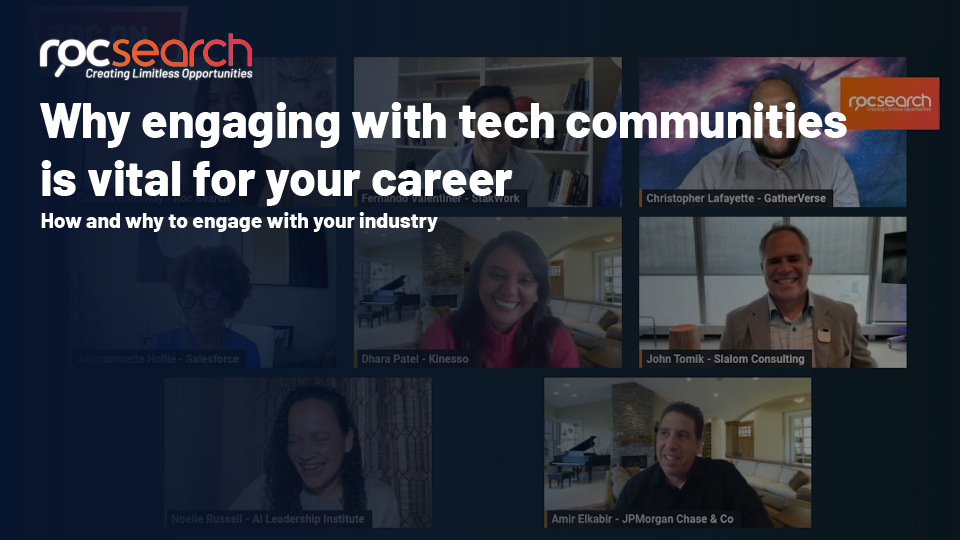The school of Computing, Science and Engineering at the University of Salford is the only one (to my knowledge) in the UK that offers BEng and MEng programmes in Automotive and Autonomous Vehicle Technology (AAVT).
In case you’re wondering what that means, just substitute the word ‘autonomous’ with ‘driverless’. You’ve probably read about top tech companies such as Uber and Waymo (Google’s autonomous car programme) partnering with the big car manufacturers in a race to see who will get there quickest.
It’s still an industry in its infancy, so we can’t expect our recent cohorts of graduates to meet all the demand for talent in this niche specialism. But this is just one example where there are acute skills shortages in the engineering sector.
So, what we can do to bridge those gaps?
Point 1: education needs to reflect real business challenges
Any classroom learning must focus on solving real world problems. This means much closer collaboration between employers and universities, so that students get that vital practical experience through industry placements and workshops. The course at Salford, for example, has a purpose-built AAVT laboratory, which simulates real life working conditions.
The New Model in Technology and Engineering (NMiTE) is an exciting project in Hereford whose aim is to change the way engineers learn, so that they can transition successfully into employment. As its president and chief executive Elena Rodriguez-Falcon says, “You won’t come here to study engineering, you’ll come here to be an engineer.”
Point 2: organisations must look beyond technical skills
My colleague Daniel Brommell recently wrote about adaptability in the IT sector, and given the rapid pace of technological change, it’s an attribute that’s equally relevant to engineering. As engineers often have to work in diverse global project teams, they need to be able to communicate effectively – another critical skill.
It’s very evident that alongside mainstream engineering skills and studies, today’s university students and workers of tomorrow need to be well-rounded individuals. As we know only too well at Roc Search, soft skills are a great differentiator at interview and can make all the difference in landing that job. It’s a message we drum home to all our candidates.
And finally, let’s not forget existing staff. They too must upskill and therefore employers need to invest in training, for example digital skills. Once again, it’s about keeping up with new technology, being able to innovate and tackle the engineering challenges of the future.
One thing’s for sure - it’s an exciting time to be an engineer!






